Uzbekistan, Turkmenistan, and Azerbaijan hold trilateral meeting to discuss regional cooperation
On the sidelines of the Third United Nations Conference on Landlocked Developing Countries, President of Uzbekistan Shavkat Mirziyoyev, Chairman of the Turkmen People’s Council Gurbanguly Berdimuhamedow, and Azerbaijan’s Prime Minister Ali Asadov held a trilateral meeting.
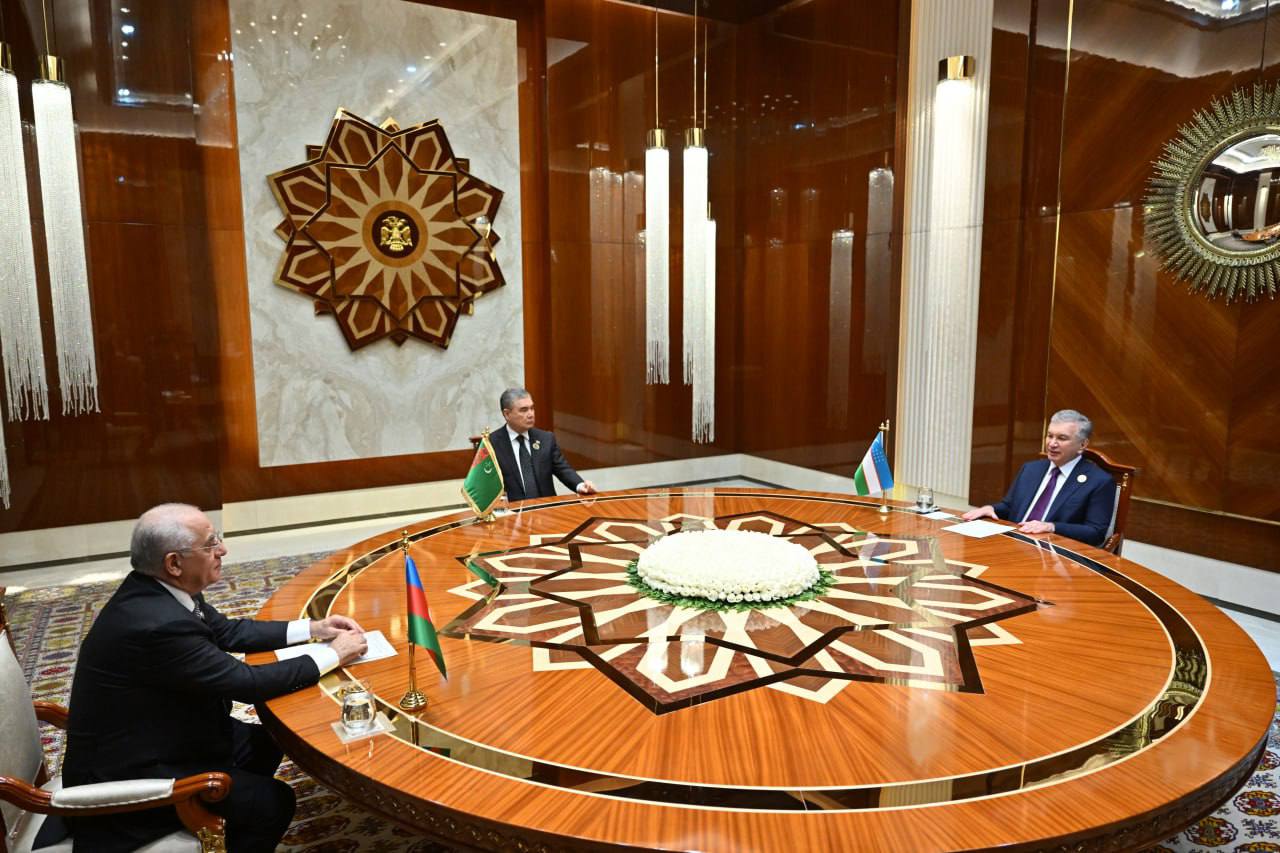
According to the presidential press service, the meeting focused on expanding regional cooperation and advancing joint projects.
At the start of the talks, the parties noted the opportunities for collaboration in energy, transport and logistics, industry, and agriculture and agreed to continue dialogue in this format to develop promising practical cooperation projects.
In his speech at the conference, President Shavkat Mirziyoyev highlighted the development of transport and logistics networks in Central Asia. He emphasized that Uzbekistan can access maritime communications only through the territories of a few neighboring countries.
“For us, the geographical remoteness of ports located nearly three thousand kilometers away creates a number of objective problems. These include high tariffs, limited capacity of transport corridors and infrastructure, as well as dependence on the customs and transit policies of other states,” Mirziyoyev said.
According to World Bank data, due to high transport costs and the instability of transit systems, the Central Asian region loses up to two percent of its GDP annually. Logistics costs account for up to 60 percent of the total price of goods. This figure is several times higher than the global average.
“Therefore, developing reliable new transit corridors and logistics infrastructure is becoming a key factor for sustainable development in Central Asia,” the President stressed.
The speech also covered the importance of accelerating the construction of the Uzbekistan–Afghanistan–Pakistan railway and linking it with the under-construction China–Kyrgyzstan–Uzbekistan railway corridor. It was noted that this would create significant opportunities for forming a new trade and economic space and sustainable transport infrastructure in the region. Additionally, priority will be given to the development of the Middle Corridor.
Related News
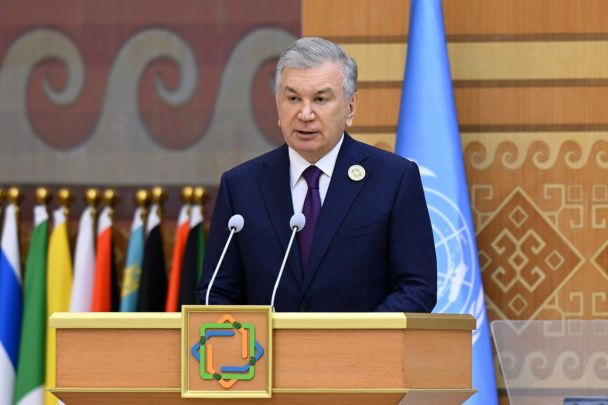
19:36
Uzbekistan pushes for equal economic opportunities for landlocked nations
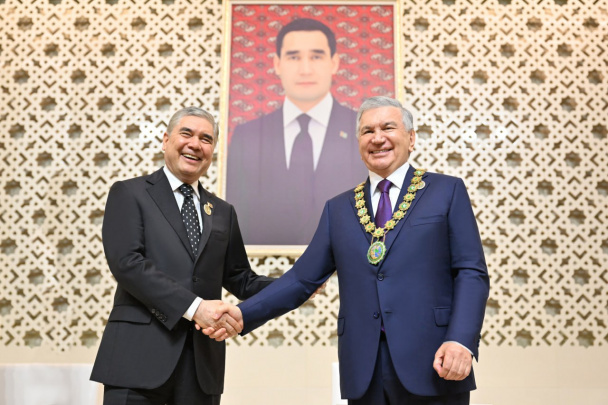
16:20
President of Uzbekistan honored with high state award from Turkmenistan
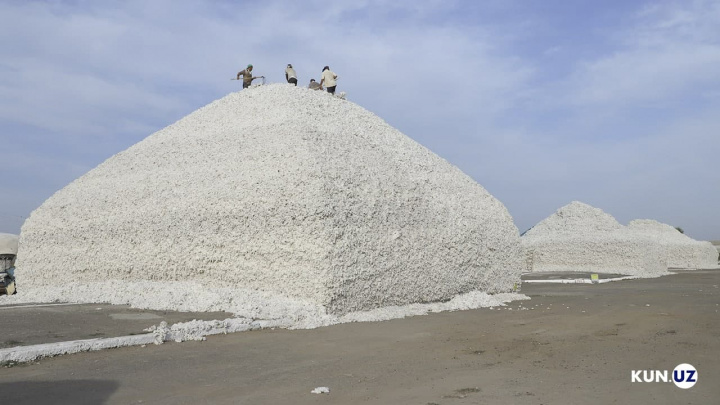
18:16 / 04.08.2025
Uzbekistan in talks to import cotton from the U.S.
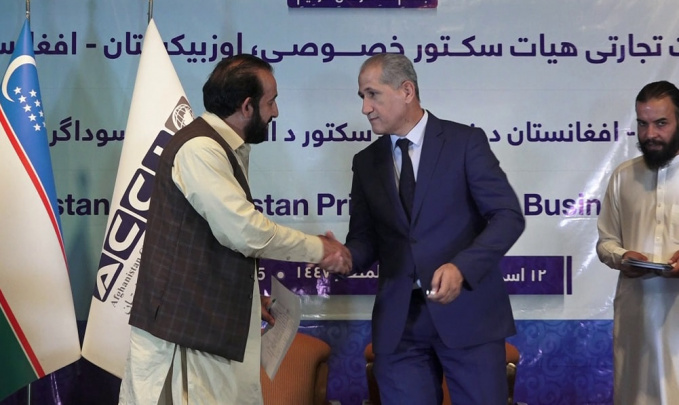
16:26 / 04.08.2025



